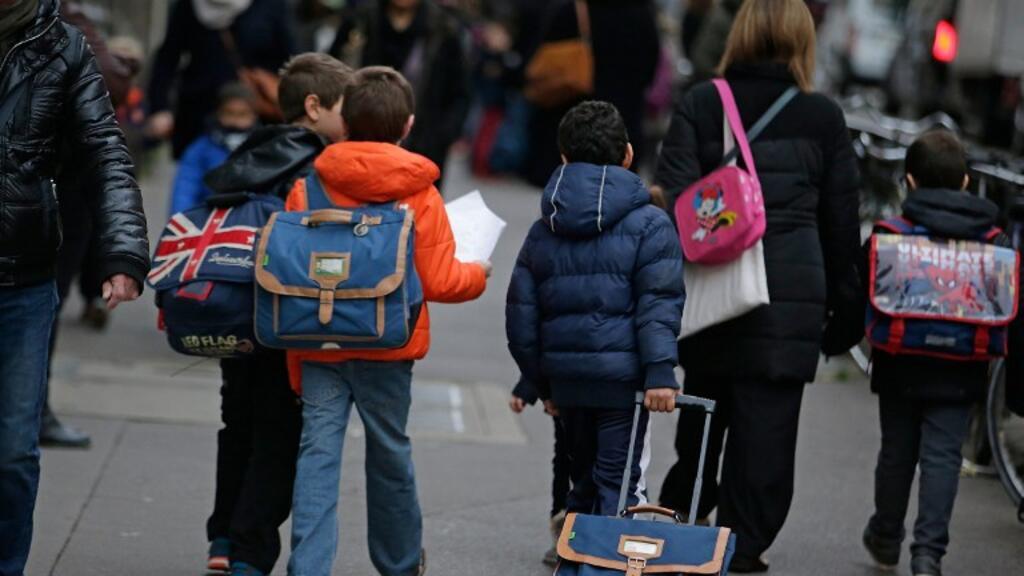
France’s third ‘Citizens' convention’ has concluded, presenting ideas on how to better organise children’s time, with a strong focus on school rhythms rather than use of free time. The proposals – which will now be put to the government – also include support for limiting screen use and access to social media.
“The current organisation and structuring of children’s time depends on constraints that come from outside,” the final report said.
Children’s time depends on adult working hours – both of parents and educators – as well as “economic and institutional choices, and the availability of transport and facilities”.
The 133 participants, who met over seven weekends from June to November, ultimately focused more on school organisation more than on time outside of school.
Limits on screens
However, they still proposed limits on screens, whose “omnipresence”, they said, “has major consequences for their learning, their health and their development”.
They supported putting a ban on social media for those under 15 as well as maintaining the ban on mobile phones in middle schools.
French MPs call for social media ban for under-15s and night curfew for teens
Another proposal would introduce mandatory digital literacy training in schools.
Nearly half the proposals were about school rhythms, deemed “unsuited to children’s biological rhythms”.
Children suffer under “a model of society that values productivity and performance”, with free time “increasingly scarce”.
Spread out school days
The convention proposed a five-day school week, instead of the current four, to spread out learning.
Today, 90 percent of French towns have a four-day week, which makes for “days that are too dense”.
The subject has been contentious: a reform in 2013 to increase the school week from four to four-and-a-half days was dropped by most schools in 2017.
French town tests controversial school uniforms
Another proposal is for middle and high school to begin classes after 9am, “in order to respond to the physiological needs of adolescents”.
A panel of 20 teenagers came up with a proposal of devote mornings to theoretical classes, and afternoons to practical teaching, with extracurricular artistic and sport activities starting at 3:30pm, followed by lighter homework.
While a third of participants wanted to shorten school holidays to reduce the length of school days, the majority opted to maintain the current 16 weeks – eight in summer and eight during shorter breaks.
What will happen to the proposals?
The measures were adopted by 119 of the 133 participants, with two voting against and four abstentions.
Members were selected to reflect the diversity of the French population, including men and women aged 19 to 83 years-old, from different regions and professions.
France’s sex education overhaul to include consent and gender identity
The report is to be submitted to the government, which has changed since Francois Bayrou convened the convention.
The Citizen Convention on climate, convened in 2019-2020, disappointed participants, as the government put forward policies and a climate bill that lacked ambition and ignored many of the proposals.
The convention on children will be then presented to MPs in January and to local elected officials to inform debates ahead of municipal elections in March.







